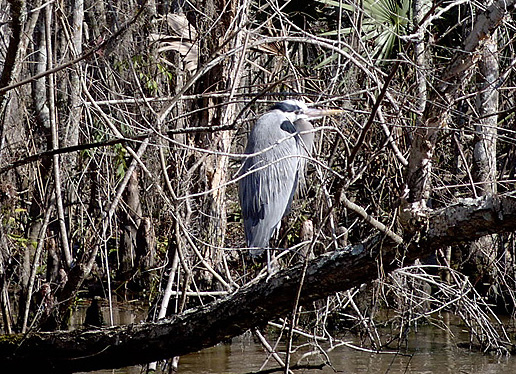I’ve been a vegan for a little over 13 years now and I have assiduously avoided the Animal Rights (or “AR”) movement. However, when I found out about a free class on Animal Rights philosophy (through the Boston Vegan Association), I thought it was about time that I learned a little about the ideological cousin of Veganism.
I entitled this post “Animal Right” because in the end, I learned that Animal Rights is really about one “right” which is the right to not be property. This is a basic right that is of primary necessity in order for any being to have any other rights (for example, if you were property of another being, then you could not really have a right to property of your own, because your owner could always confiscate it; likewise, you could not have a right to physical safety because your owner would be able to hit or kill you if it suited him/her) – this is because in our legal system, property ownership is paramount.
During the course of my readings, I was surprised to learn that there are several different competing ideologies: Continue reading “Animal Right”

